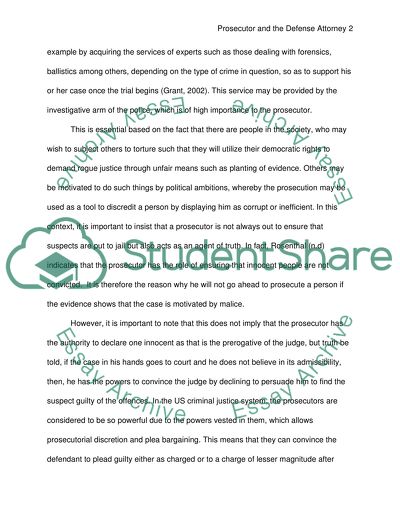Cite this document
(“The difference between the roles of the prosecutor and the defense Research Paper”, n.d.)
Retrieved from https://studentshare.org/family-consumer-science/1412181-the-difference-between-the-roles-of-the-prosecutor
Retrieved from https://studentshare.org/family-consumer-science/1412181-the-difference-between-the-roles-of-the-prosecutor
(The Difference Between the Roles of the Prosecutor and the Defense Research Paper)
https://studentshare.org/family-consumer-science/1412181-the-difference-between-the-roles-of-the-prosecutor.
https://studentshare.org/family-consumer-science/1412181-the-difference-between-the-roles-of-the-prosecutor.
“The Difference Between the Roles of the Prosecutor and the Defense Research Paper”, n.d. https://studentshare.org/family-consumer-science/1412181-the-difference-between-the-roles-of-the-prosecutor.


